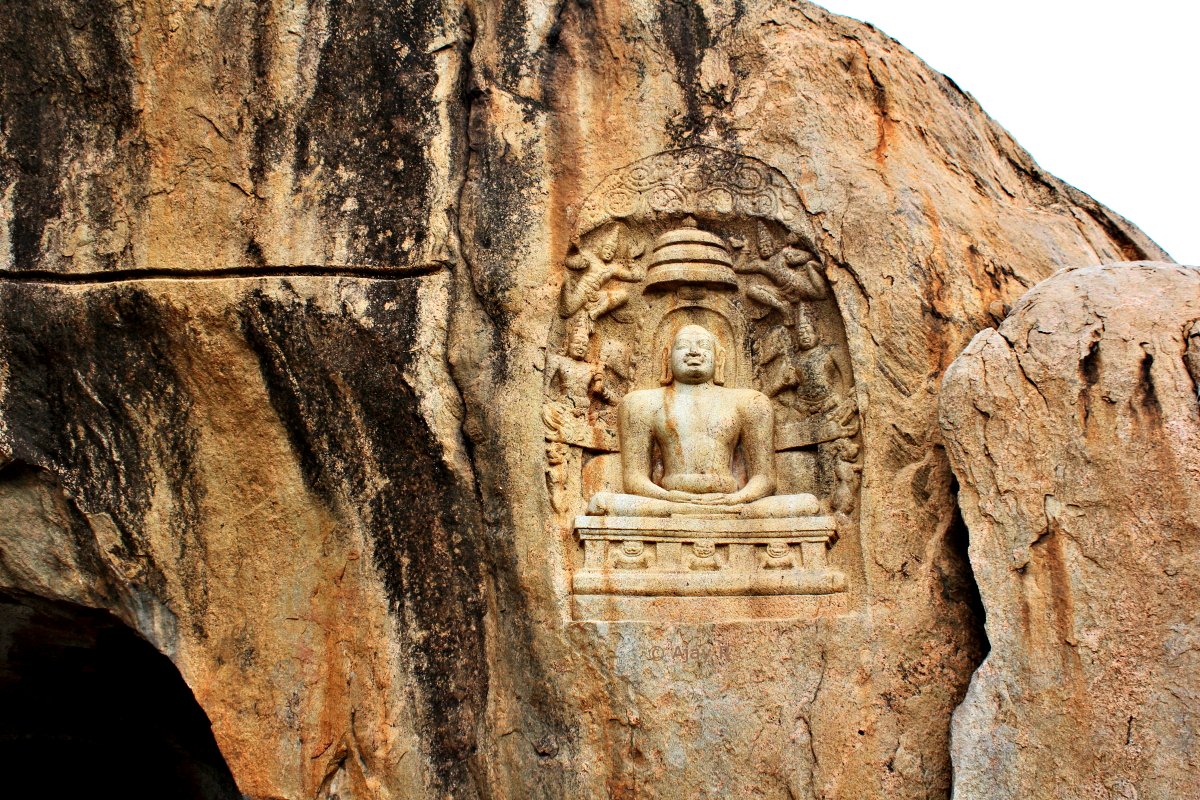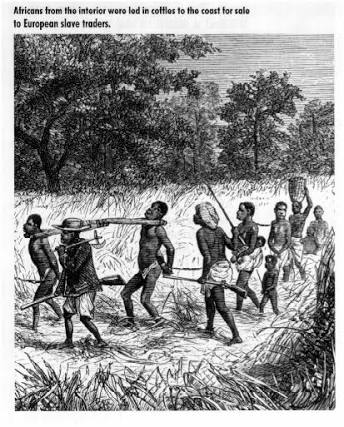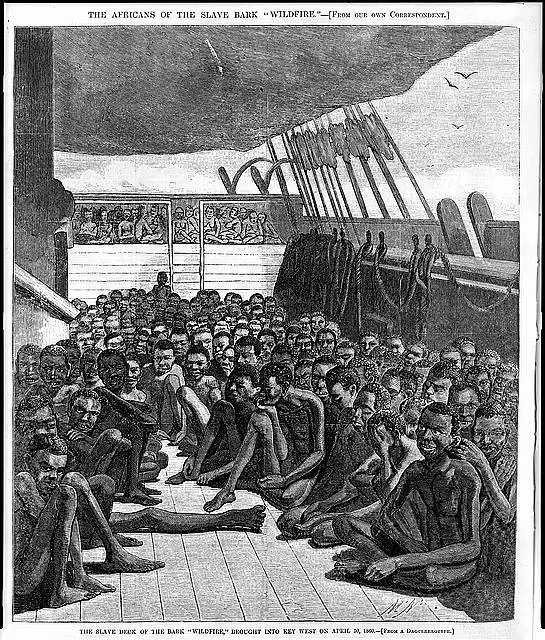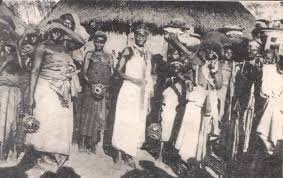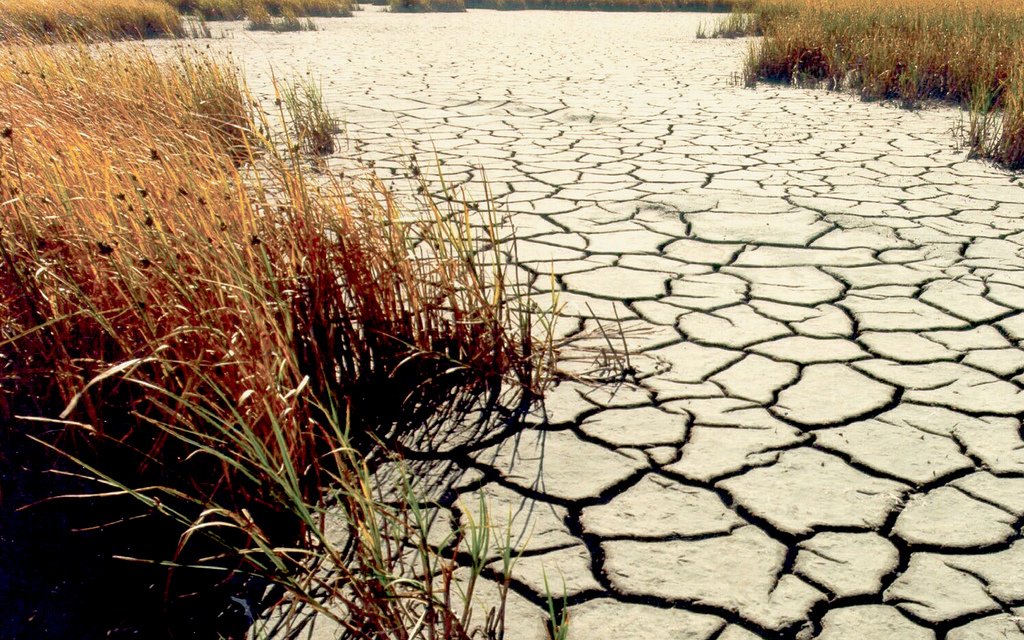#rice
[ You can read a review of the book here: movies2.nytimes.com/books/01/04/22… ]
glc.yale.edu/gullah-rice-sl…
sapiens.org/culture/africa…
...and go to real libraries too and talk to elders in the Southern US and West Africa. There is so much knowledge!!
Anyway, all this destroys the notion of unskilled labour.
I hope you never look at #jollof the same way again!! Rice is knowledge, rice is history!


